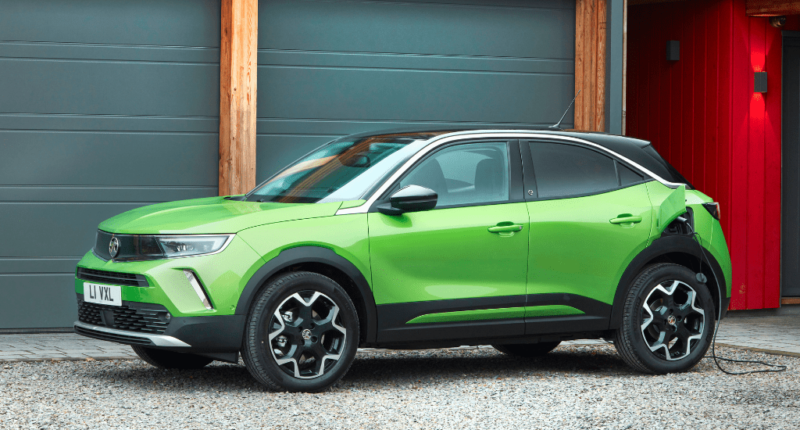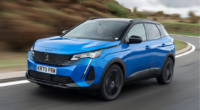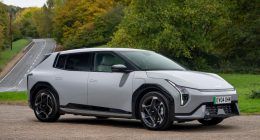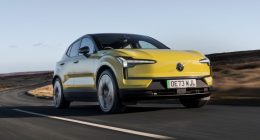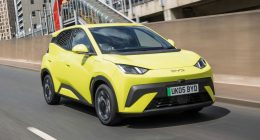Vauxhall has reacted to the government’s decision to slash the Plug-in Car Grant (PiCG) by lowering the on-the-road-price of its battery-powered Corsa supermini and Mokka crossover by £3,000.
Last week, the government cut the PiCG from £2,500 to £1,500 and, at the same time, slimmed down the number of vehicles that are eligible for the tax payer-funded incentive.
British firm Vauxhall is the first to react to the policy change, which has been called into question by the Society of Motor Manufacturers and Traders. Its Chief Executive said the announcement had come at the worst possible time for the new car market.
Explaining the decision to lower the price of the Corsa-e and Mokka-e from £27,805 and £31,365 to £25,805 and £29,365 respectively, Vauxhall’s Managing Director Paul Willcox said: “Vauxhall wants to move the UK to electric motoring as quickly as possible, which is why we have committed to being an electric-only brand from 2028.
“In light of a further evolution to the Government Plug-in Car Grant, we have taken the decision to change our pricing policy on our all-electric Corsa-e and Mokka-e models.
“With more attainable pricing from significant reductions on both models, as well as the grant, we hope to put zero-emissions-in-use motoring within the reach of even more British motorists,” he added.
Just this month, Vauxhall announced new software for both the Corsa-e and Mokka-e that boosts their real-world range under the more stringent WLTP cycle.
On a single charge of their battery, the Corsa-e can now cover up to 222-miles – up from the previous 209-miles – and the Mokka-e has increased from 201-miles to 209-miles.
Vauxhall’s electrification push has been intensified in recent years following its acquisition by the PSA Group for £1.5bn in 2017, with most of the architecture shared with Peugeot, Citroen and DS vehicles.
On top of promising to offer an electrified variant across its entire model line-up by 2024, the British firm is promising to have a fully electric vehicle range before the end of the current decade.
If successful, that would be seven years ahead of the UK government’s deadline for the ban on the sale of new petrol and diesel-powered vehicles.
